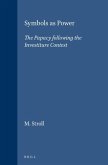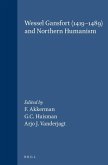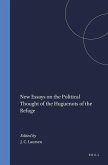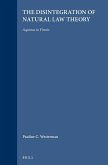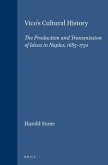Historical thought, whether it is expressed in writing or through works of art, inevitably contains elements of fiction. Thus in every phase of the development of historical thinking the question arises: were these fictional elements recognized and if so, how was their function perceived? Was any effort made to distinguish between a documented fact and any assumptions or deductions related to it? In examining the past, was it deemed important to curb the free play of imagination or was it thought that any explanation, no matter how fanciful and irrational, was better than none? This is the question that this book attempts to answer. In doing so, it examines a rich variety of texts and also some works of art ranging from the Ancient Near East to the nineteenth century.
Hinweis: Dieser Artikel kann nur an eine deutsche Lieferadresse ausgeliefert werden.
Hinweis: Dieser Artikel kann nur an eine deutsche Lieferadresse ausgeliefert werden.


